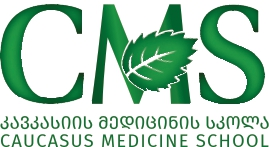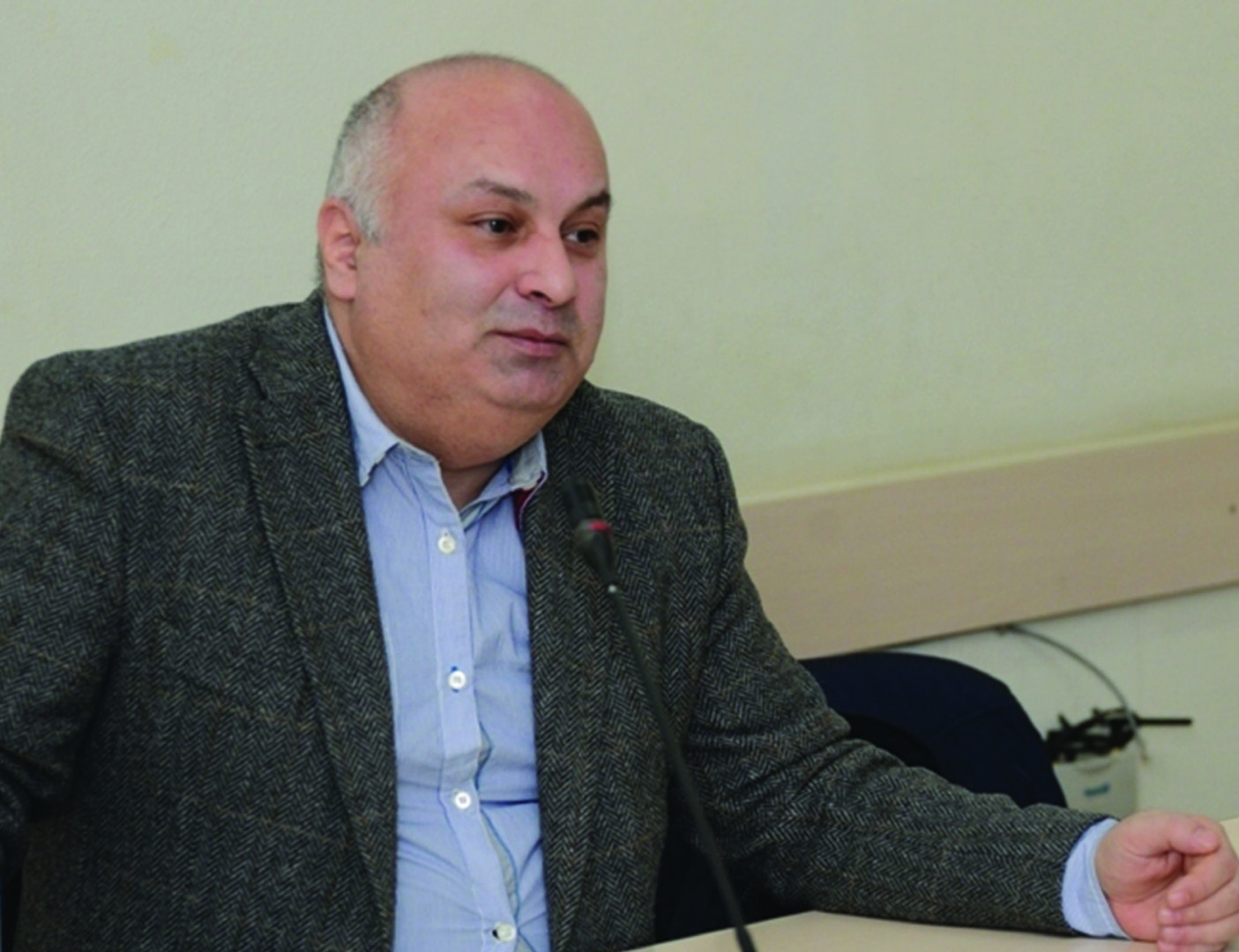Caucasus University School of Medicine and Healthcare Professor Tengiz Verulava's study "Family Support Policy in Georgia: Challenges and Reform Options" was published in the international scientific peer-reviewed journal "BULLETIN OF THE GEORGIAN NATIONAL ACADEMY OF SCIENCES".
The journal is indexed in Scopus (Elsevier) International Science Database.
See the email address of the article.
Georgia has been experiencing a difficult demographic situation for the last few decades. According to the general population census conducted in 2014, the population of Georgia is 3 729 635, instead of 4 371 535 in 2002, or 14.7% (641 900) less. According to a study conducted by the United Nations, if the existing demographic trends are maintained, by 2050 the population of Georgia will decrease to 2 985 000 (32% compared to 2014).
The severe demographic situation in Georgia is due to low birth rates, rising mortality and aging population. Unfavorable demographic situation is facilitated by the difficult socio-economic situation in the country, unemployment, high migration, high abortion rate.
The aim of the study is to learn the reasons for the sharp decline in the population in Georgia and to determine which model best describes the family support policy in Georgia. To evaluate family support policies, we used Gutierrez’s typology (1996), which includes four models of family support policies: pro-natalist, pro-traditional, pro-egalitarian, and non-interventionist (state non-intervention).
Research shows that family support policies in Georgia belong to the non-interventionist model. This policy does not create adequate conditions for solving demographic problems in Georgia. Only family financial assistance is available in Georgia and it does not meet the standards of EU countries.
Georgia does not apply for family financial assistance measures such as: one-time financial assistance related to the birth of a child, assistance in covering the costs related to child care and tax benefits.
Given the limited state budget and the efficient use of funds, it is advisable for the state to develop a targeted state program to help improve the demographic situation, which will target low- and middle-income families and spread throughout the country. It involves the state taking measures such as: financial support and assistance to the family, creating an appropriate environment for work and family reunification. It should be a common standard for the whole country as a minimum basic package. Individual regions or districts should be allowed to add non-essential services to this core package and increase funding. Such an approach will make the program more flexible.


